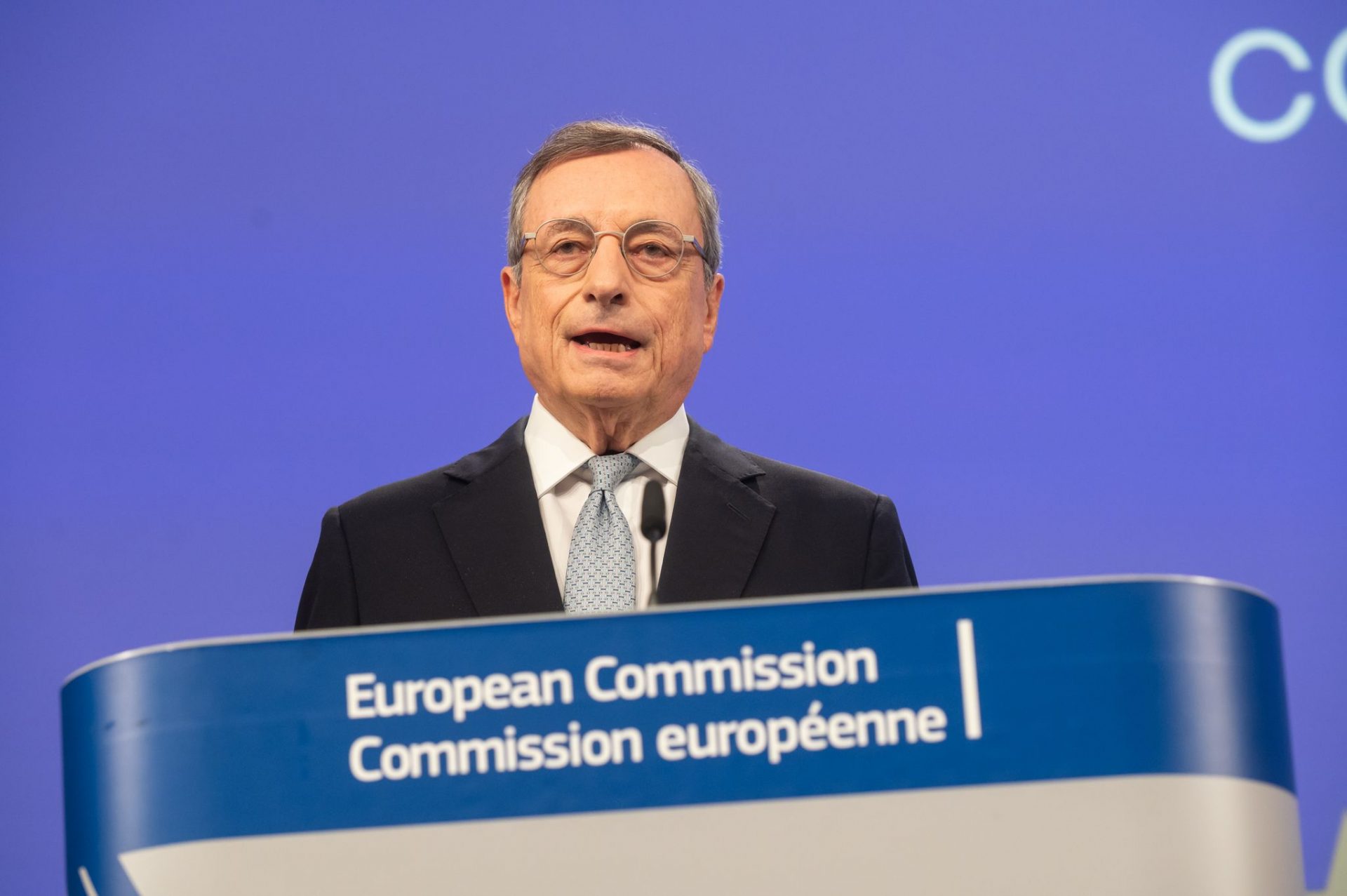Brussels (ANSA) – When asked if his plan is an ultimatum, Mario Draghi responds determinedly: it’s time to change, “or it will be a slow agony.” The man who saved the euro returns to take the stage with a clear and urgent message for the salvation of Europe, which has “an existential challenge” ahead of it. “If it fails to become more productive,” it will be forced “to choose and scale back some, if not all, ambitions.”
The injection of confidence is worth between 750 and 800 billion euros a year. Like a double Marshall Plan, in the figures detailed by the former prime minister, with a value of 4.7% of the continental GDP. According to Draghi, Europe has the features of a more united Union and quick in decisions. It will need to rely on new common debt instruments “for certain projects” – with the counter-guarantee of countries maintaining public debt at more sustainable levels – and more flexibility on state aid.
For the first time since the Cold War, the EU must truly fear for its survival
Mario Draghi, former Prime Minister
It will need to aim for greater investments in defense, innovation, and energy, as well as climate directives in harmony with industrial ones. Then it will need to overcome the unanimity vote that makes it a prisoner of itself, shifting towards qualified majority and, where necessary, enhanced cooperation among willing governments.
The sore point, however, remains common financing, a red line for Berlin and the hawks of the North. New instruments like the Recovery “will not solve any structural problem,” said Finance Minister Christian Lindner, rejecting the hypothesis that this is the way to go. Frost also from the President of the European Commission, Ursula von der Leyen, for whom “first there is the definition of priorities and common projects, then there are two possible paths: national financing or new own resources” (September 9).
 go to the original language article
go to the original language article
